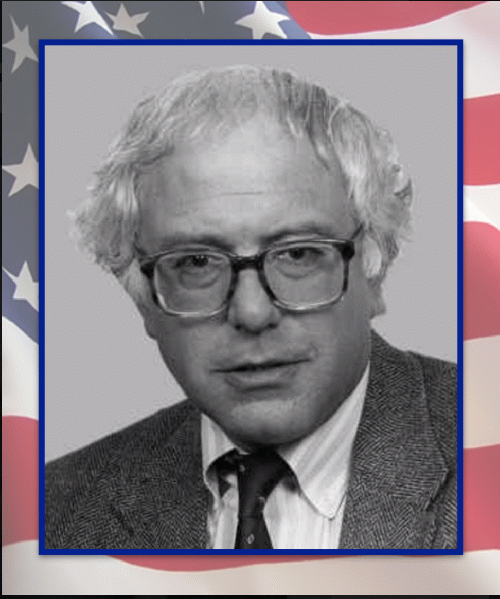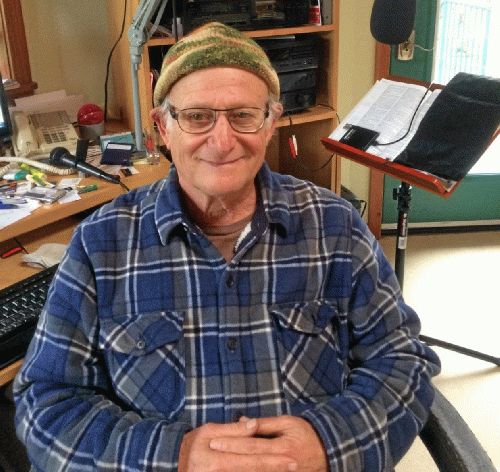
Bernie Sanders 104th Congress, 1991
(Image by (From Wikimedia) US Government Printing Office, Author: US Government Printing Office) Details Source DMCA
Author's Note: This OpEdNews interview with Barry Vogel regarding his radio interview with Bernie Sanders a quarter century earlier has been hibernating since 2016. In the meantime, we've witnessed the second anniversary of Trump's inauguration and the three annual Women's Marches.
There is something endearingly familiar, outspoken, consistent and comfortable about Bernie's comments then and now - for good reason! We recognize Bernie today as a more grizzled, but essentially unchanged, version of this 1991 "radio-interview Bernie," newly elected to the House of Representatives. I thought you readers would enjoy this trip in the time machine. You'll find something to chew on, with both the backstory of Radio Curious and the beginnings of Bernie's political career in Washington, starting over a quarter of a century ago. He has gone on to become the longest-serving Independent in Congressional history.

Joan Brunwasser: My guest today (2016) is Barry Vogel, host and producer of Radio Curious. Welcome to OpEdNews, Barry. Many of our readers may not have heard of Radio Curious. Can you give us a little background, please?
Barry Vogel: For as long as I can remember, curiosity has encouraged me. Radio Curious is my passion to have serious discussions with people who do things about which I am curious. And it seems odd not to be curious about all the odd circumstances in which we daily find ourselves, on both a micro and macro scale. Radio is easy, and it leaves the images to the listener's imagination. I like that better than television where the visual sense is proscribed. Radio Curious ( RC) is a collection of long form radio interviews which has been on the air for 25 years.
RC includes interviews from the micro level of how individuals think, as discussed in some of the visits with psychologists and psychotherapists, to the macro when we discuss evolution to near term human extinction.
The program began at the urging of a friend soon after Mendocino County Public Broadcasting, (KZYX and KZYZ) went on the air in 1991. He said "record live." Pretend the conversation is live, "on-air." That sets a spirit of spontaneity yet permits editing. Editing sound waves is very similar to editing written words except that the symbols are different.
JB: I didn't know that. You're also a lawyer, correct? How does that dovetail with Radio Curious or does it get in the way? How's the juggling going?
BV: They are both very important in my life from as far back as I can remember.
Asking questions was how how both my parents made a living. My father was a lawyer and my mother is a retired psychologist. I would listen to their dinner conversations and try to understand, and piece together my nascent understanding of my world as best I could, and ask questions. My mother has told me it was as if I had eyes in the front and back of my head. She said I was curious about everything. I thought everybody was.
The questions I ask as a lawyer are similar to the questions I ask as a radio interviewer.
As a lawyer, the focus is on why the client is in my office; what is the problem and what is the client's goal; am I familiar with that area of the law such that I may help achieve the goal?
As a journalist, I visit with guests who have knowledge and experience in areas about which I am curious. I often ask open-ended questions, based on a book or information about the topic. Often I say that I practice law to support my radio habit.
(Note: You can view every article as one long page if you sign up as an Advocate Member, or higher).






